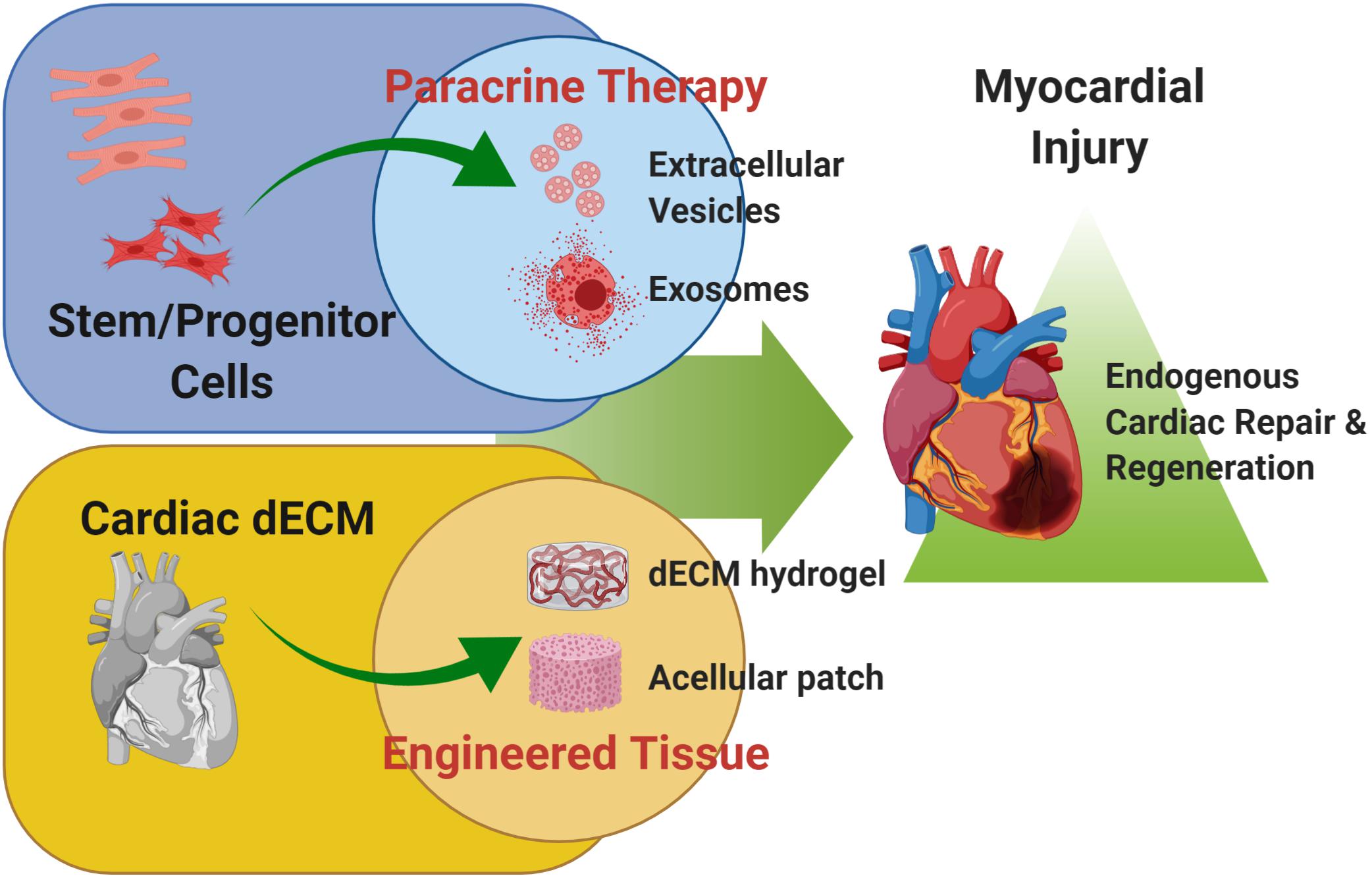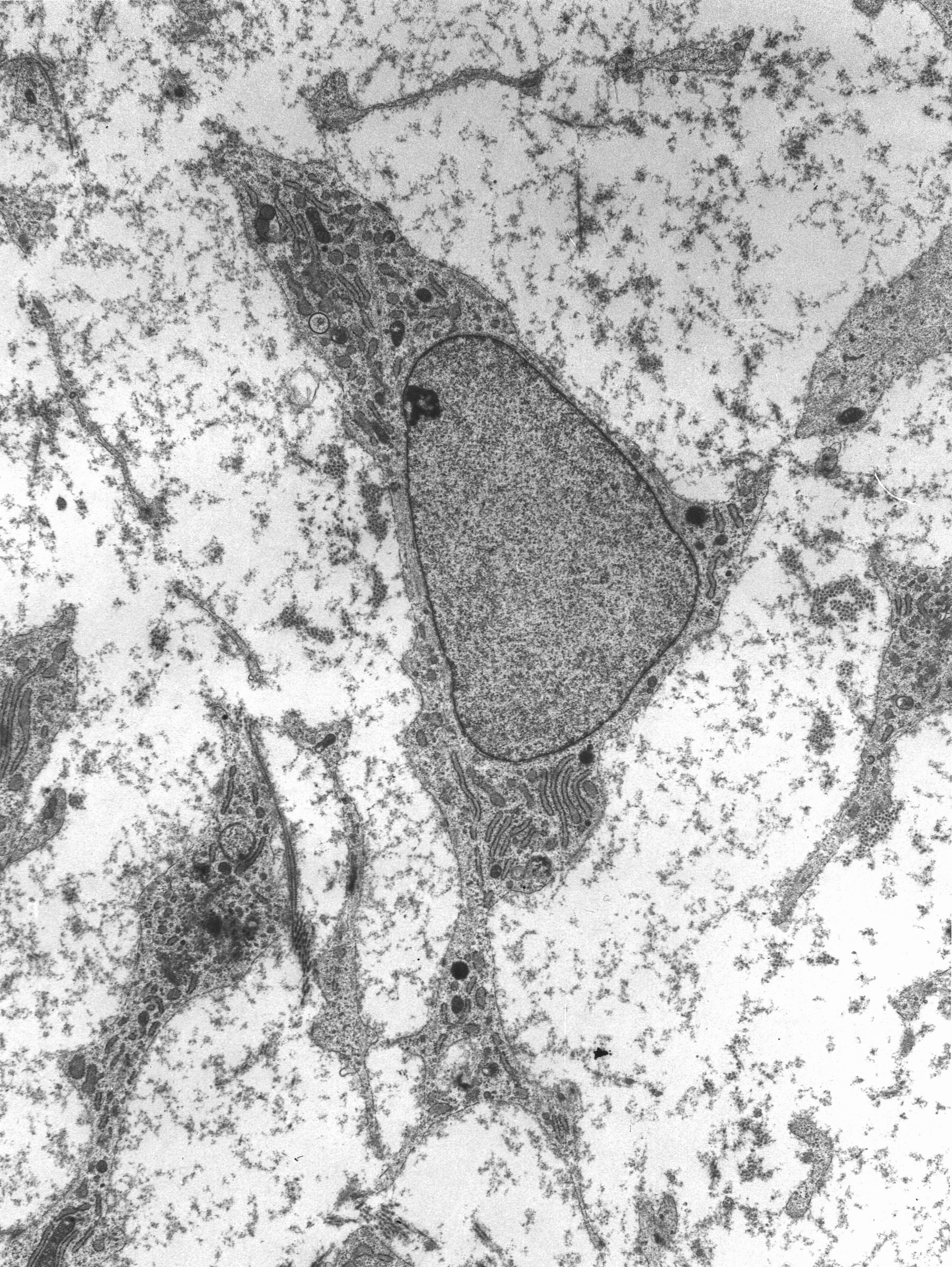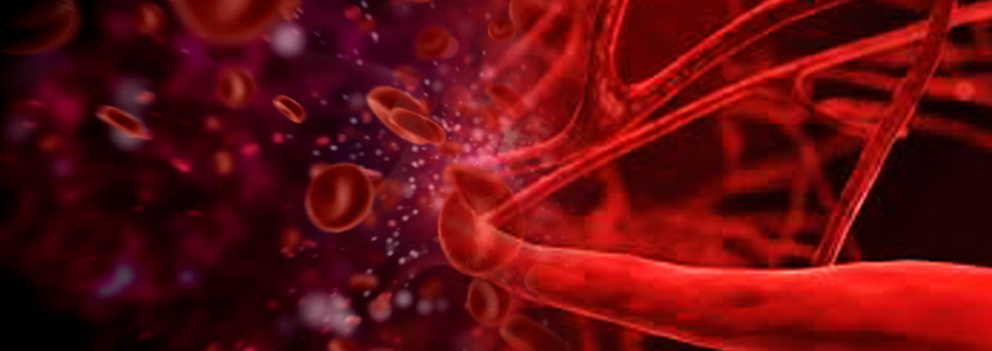Table of Contents

Could this speculative treatment reverse damages triggered by a cardiac arrest? The heart muscular tissue relies on a stable flow of oxygen-rich blood to nurture it and maintain it pumping. During a heart assault, that blood flow is interrupted by a clog in an artery. Without blood, the area of heart fed by the influenced artery starts to pass away and mark tissue forms in the area.
The heart is a difficult body organ, the damaged parts come to be not able to pump blood as successfully as they as soon as could. Individuals that have had a cardiac arrest therefore might encounter a lifetime of upkeep therapymedications and other treatments intended at protecting against another cardiac arrest and assisting the heart job much more successfully.
In a research released last February in The Lancet, scientists treated 17 heart attack clients with a mixture of stem cells taken from their own hearts. Some studies reveal only modest or no renovation in heart function, but others have shown drastically boosted feature," he claims. Research studies are producing such different outcomes in component because scientists are taking various approaches to harvesting and making use of stem cells.
Much more lasting tests are needed to recognize the duty stem cell treatment will have in treating heart illness. When might stem cell therapy end up being a common therapy for damaged heart muscle? As of now, stem cell therapy is available just to individuals that take part in a research test.
Heart condition is a major health and wellness concern and impacts numerous people each year. According to the Centers for Illness Control (CDC), cardiovascular disease kills one individual every 33 seconds in the USA and is the leading cause of fatality for males and females throughout many racial and ethnic teams.
Top clinics for stem cell therapy focused on High Blood Pressure
What concerning after a heart-related event? These cells have considerable potential when it comes to heart regeneration and healing.

Heart stem cells are located within the heart and have specific residential properties. They can self-renew (divide to make even more stem cells) and distinguish into cardiomyocytes (the cells within the muscle mass that make your heart agreement) for myocardial repair work. Myocardial fixing is everything about changing or regenerating damaged heart cells. That's specifically true after events like a heart assault, where parts of the heart muscle mass could die because of an absence of blood flow.
They likewise aid improve overall heart feature by releasing growth variables that urge the repair work procedure. An additional advantage is that they advertise angiogenesis (the formation of brand-new blood vessels) to bring back blood circulation. Plus, heart stem cells help in reducing swelling, making it much easier for tissue to heal and regenerate. Heart problem like cardiovascular disease and cardiac arrest cause major damage to your heart cells.

As soon as heart cells are lost, your body usually can't regrow them.
Some already show positive outcomes, like boosted heart feature and reduced mark cells. When it comes to heart regeneration, scientists are examining several types of stem cells. Naturally, each has its own pros and disadvantages:: These cells can become any type of kind of cell, so they're extremely functional.
Is stem cell therapy right for High Blood Pressure in today’s clinics?
: iPSCs are developed by reprogramming adult cells to imitate beginning stem cells. They supply patient-specific treatment, which lowers the danger of rejection.: MSCs are easier to harvest, particularly from bone marrow or fat cells, and since they're patient-specific, there's much less risk of denial. They likewise lower swelling and speed up healing.
Navigation
Latest Posts
Regenerative support for Peripheral Artery Disease that uses stem cells
Breaking down the use of stem cells for Peripheral Artery Disease
Understanding the use of stem cells for Heart Disease